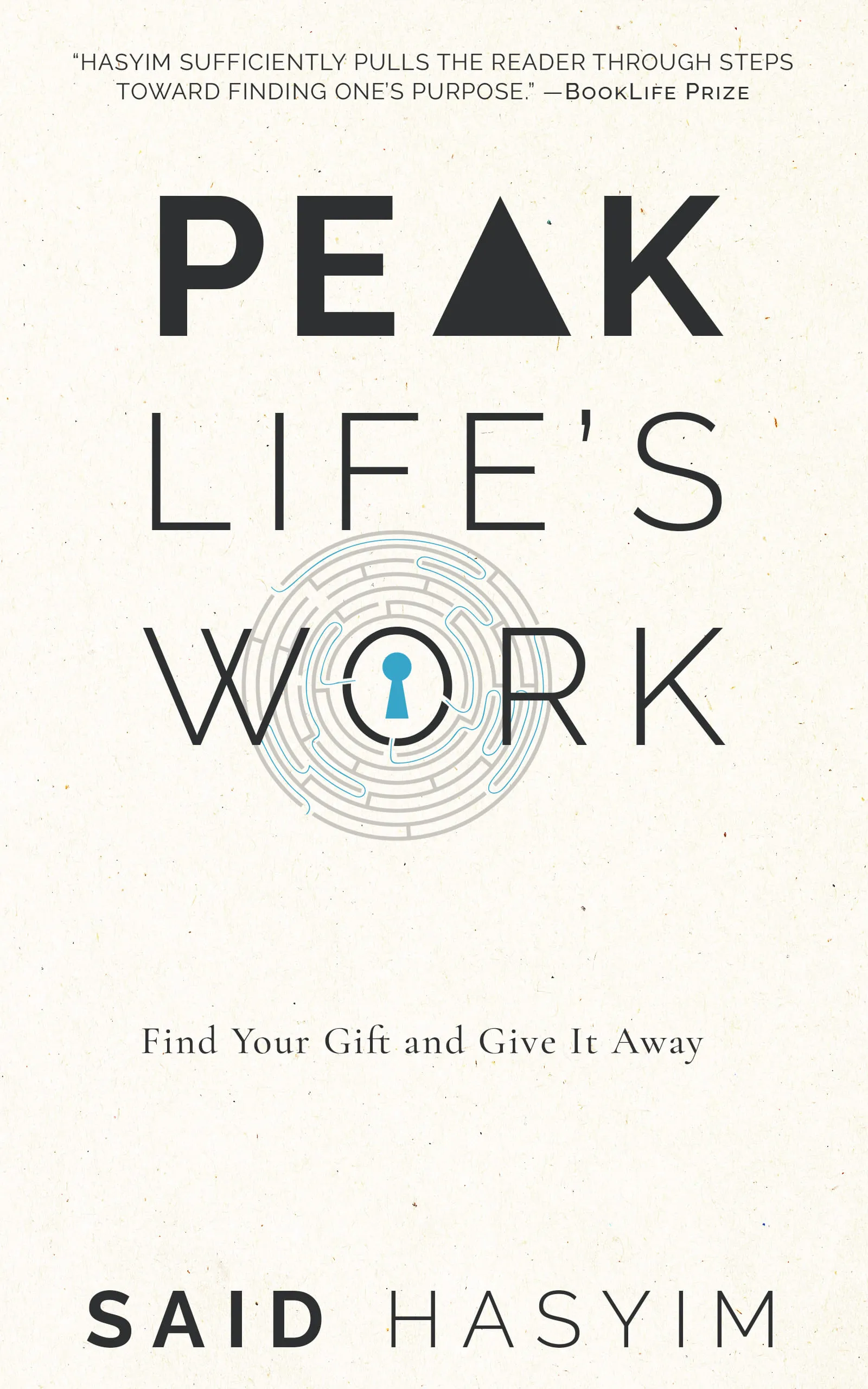A Deeper Look at the Meaning of Life's Work
Life’s work—these two words evoke a multitude of feelings, reflections, and perhaps a hint of existential questioning. What does it mean to have meaningful work? Is it tied to the profession we choose, the tasks we accomplish, or the impact we have on the world? This blog post aims to explore the multifaceted nature of life's work through various lenses, delving into the philosophical, psychological, and practical dimensions of what gives our work meaning.
The Philosophical Dimension
The Quest for Meaning
Philosophers have wrestled with the concept of meaning for centuries. Existentialists like Jean-Paul Sartre and Viktor Frankl posited that individuals must create their own meaning in a seemingly indifferent universe. Frankl, a Holocaust survivor, famously stated, “Life is never made unbearable by circumstances, but only by lack of meaning and purpose.” This reflects the essence of life's work: it is not merely the tasks we perform; it is our pursuit for significance in those tasks.
The Nature of Work
Whether in the form of labor, art, or service, work plays a pivotal role in human existence. Aristotle spoke of ergon—the essence of a thing, signifying that every individual has a specific purpose or function. In this light, one can ponder questions such as:
- What is my unique contribution to the world?
- Does my work align with my values and beliefs?
- How does my work serve not only myself but the greater good?
Encouraging introspection, these inquiries serve to emphasize that our work is not merely a means to an end but can be a profound avenue through which we express our identities and values.
The Psychological Dimension
Connection to Identity
We often identify ourselves through the work we do. An individual's profession can shape self-perception; a teacher, for instance, may define a part of their identity through their role in shaping young minds. This intersection of identity and work suggests that meaningful work can contribute positively to our mental health and well-being.
Positive Psychology:
Researchers in the field of positive psychology have highlighted how engaging in meaningful work correlates with increased happiness, satisfaction, and a sense of belonging. According to psychologist Martin Seligman, a sense of purpose is one of the five pillars of well-being. When individuals find their work fulfilling, they are more likely to feel a sense of achievement and motivation.
The Flow State
Psychologist Mihaly Csikszentmihalyi introduced the concept of “flow," describing a state of complete immersion in an activity. This feeling can occur during work when individuals lose track of time and become fully engaged. Reaching a state of flow can enhance the subjective experience of meaningfulness in work, suggesting that work that occupies us fully can lead to greater fulfillment.
The Practical Dimension
Aligning Work with Values
While the philosophical and psychological aspects of life’s work provide an essential foundation for understanding its deeper meanings, the practical dimension invites us to take action. To derive fulfillment from our work, it’s crucial to align our professional choices with our personal values and passions. Ask yourself:
- What are my core values (e.g., integrity, creativity, service)?
- In what ways can I incorporate these values into my daily tasks?
- How can I seek work that resonates more deeply with who I am?
Pursuing Lifelong Learning
Approaching work as an opportunity for growth can also lend greater emphasis to its meaning. Lifelong learning fosters adaptability and development, allowing individuals to explore new interests and skills throughout their careers. Pursuing new challenges can rejuvenate a sense of purpose, making us feel that our work is part of a larger journey rather than a mere destination.
The Role of Community
Community plays an essential role in enhancing the meaningfulness of our work. Building connections with colleagues, clients, and broader networks can generate a support system that reinforces the impact of our contributions. A collaborative work environment often fosters a sense of belonging and shared purpose, making the work experience richer and more rewarding.
Reflection
As we navigate through various stages of life, our understanding of what constitutes meaningful work may change. Life’s work is not a fixed destination but an evolving journey that requires ongoing reflection, questioning, and adaptation.
Questions for Reflection
- How have my values evolved, and how does this shape my current work?
- What are the moments in my work that have felt most meaningful?
- In what ways can I redefine my career path to enhance my sense of purpose?
Conclusion
The meaning of life’s work is deeply personal and varies from person to person. It intertwines with our identities, aspirations, and values, encouraging us to seek purpose not only through professional achievements but also in every interaction we have. As we continue to navigate the complexities of work and existence, may we strive to find deeper meaning in our contributions to ourselves and the world, celebrating life's work as a dynamic and enriching journey.
By embracing this journey, we not only pave the way for personal fulfillment but also create a lasting impact in the communities we serve—a legacy that transcends the boundaries of our immediate work environments, echoing through generations.
Start Your Transformative Journey
Peak Life's Work, a transformative book to unlocking your true potential and finding purpose. Learn science-backed strategies from top performers to enhance skills and creativity. Gain insights into success and failure while uncovering your personal talents. With practical steps for self-discovery and nurturing talent, this book equips you for a fulfilling journey toward your greatest work.
